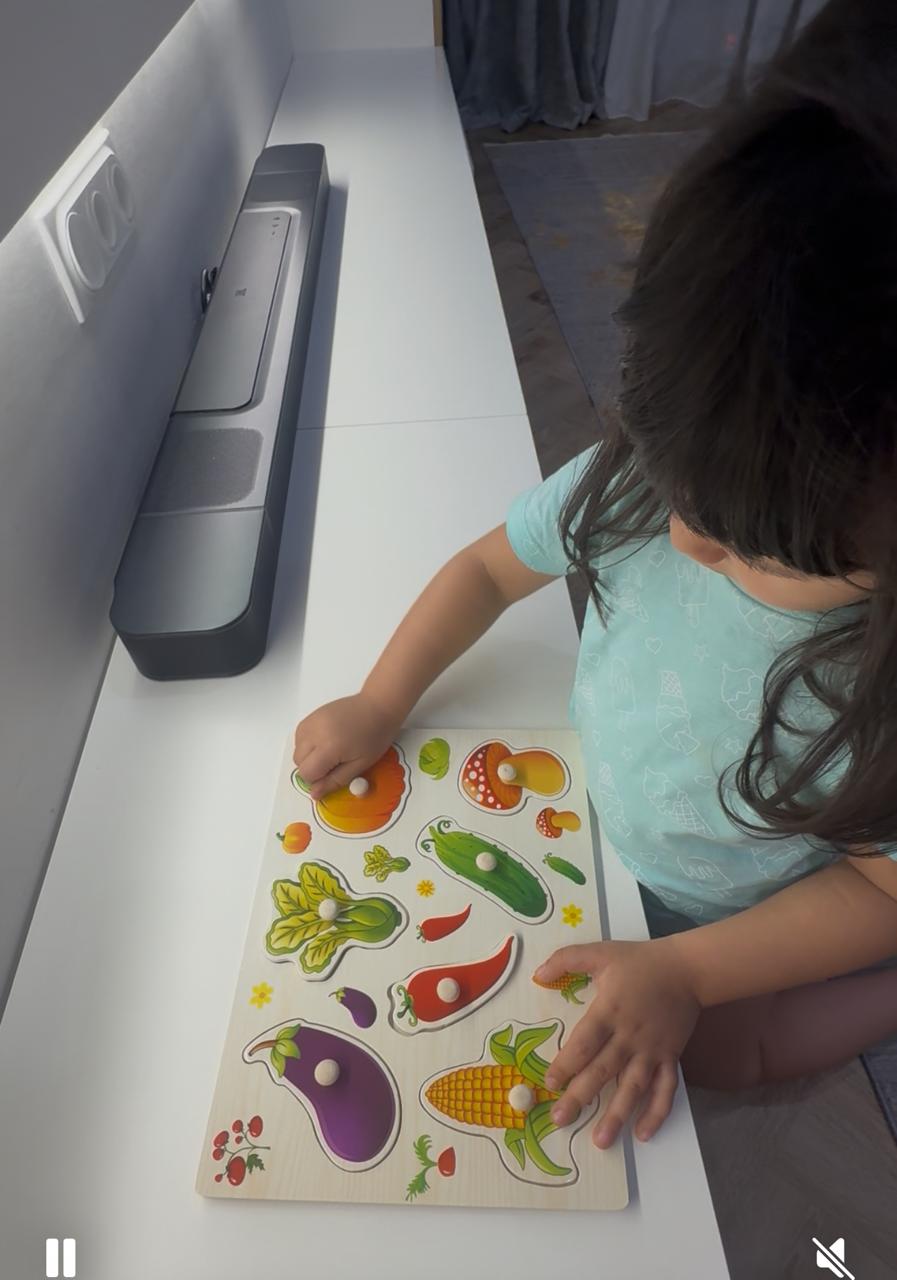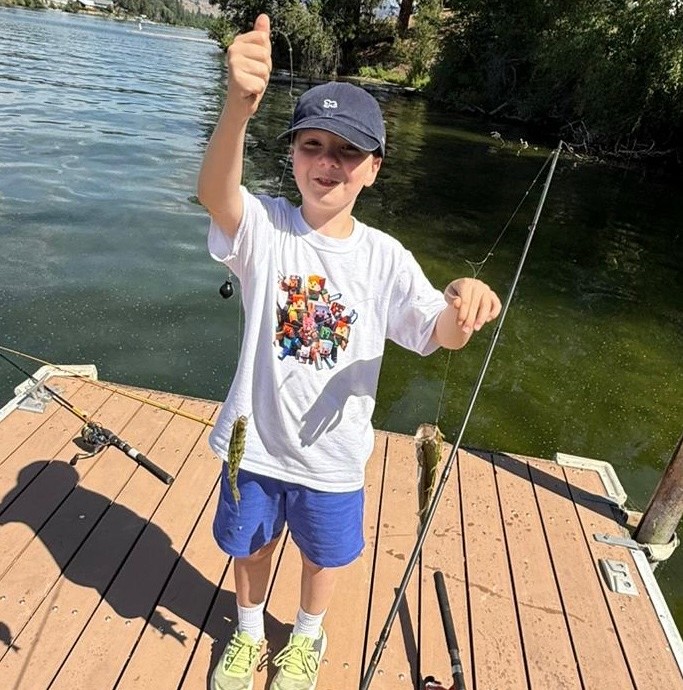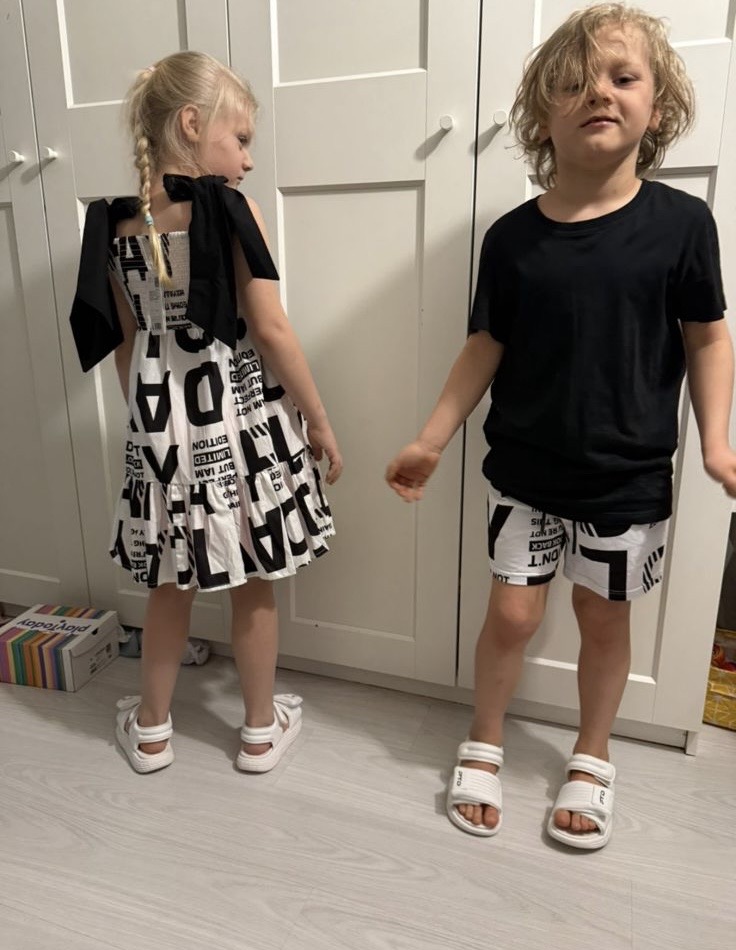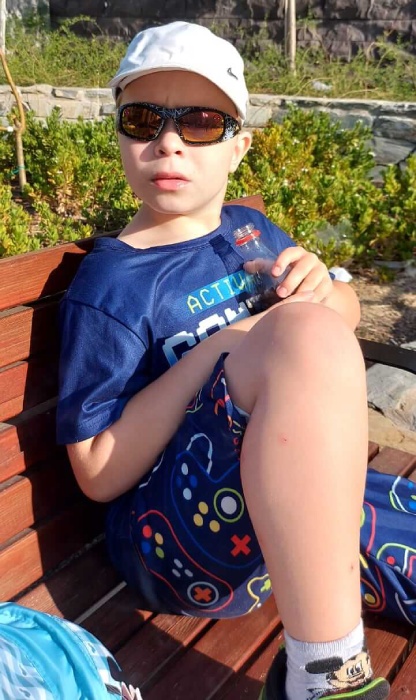Sensorimotor alalia
Serious disorders of the speech apparatus with accompanying disorders of the musculoskeletal apparatus are called sensorimotor alalia. This pathology is caused by damage to the cerebral areas responsible for speech and movement co-ordination. Various factors that occur during prenatal and neonatal development may have a negative impact on the brain’s development. Hereditary factors can also be significant.
Clinical features of the disease
Patients with sensorimotor alalia have a severe speech delay. This is the most complex of the alalia types. For example, with the motor type, children cannot pronounce sounds correctly, articulation is affected and there is often coordination dysfunction in their movements. With the sensory type, the affected child may not be able to understand or analyse speech. Sensorimotor alalia is a combination of the above symptoms. The associative centre (the area in the brain that controls the combination of words into phrases and sentence structure) may also be affected. These are serious dysfunctions that are difficult to correct therapeutically.
Innovations in sensorimotor alalia treatment
In addition to classical methods, new therapies are widely used in modern medicine, one of which is experimental bio- or cell therapy. This is a progressive method that achieves significant success through the use of autologous stem cells. This method is unique as the cells displace “sick” analogues from the brain and replace them. The brain structure is renewed so the pathogenesis of the disease is suppressed and the symptomatic picture is erased.
Sensorimotor alalia treatment with stem cells is an innovative procedure. Many patients from all over the world want to undergo this procedure in Georgia after reading the positive feedback from former patients.
This treatment is available only in some medical centres around the world, as the procedure is technologically complex and requires the use of ultra-modern equipment. The wide age range allows the use of cell therapy for sensorimotor alalia from early childhood to adolescence. This gives many children the chance to significantly improve their health and to develop their speech and motor skills.
The following changes are observed after cell therapy:
- Fine motor skills become more accurate and movement coordination is restored;
- Clumsiness disappears and the child’s movements become more balanced and accurate every day;
- Cognitive disorders such as inattention, lack of concentration and poor memory are eliminated;
- The child’s behaviour becomes closer to socially accepted norms: fussiness, restlessness or slowness of movement and reactions disappear;
- Unpleasant symptoms such as bedwetting, stuttering, insomnia and lack of appetite are removed;
- The immune system becomes stronger and the patient feels consistently well.
All you need to do to undergo cell transplant procedure is to contact the clinic online and receive a free consultation. It is important to provide available child health reports as part of the remote online communication by the patient’s chosen channel. The doctor will be able to offer a personal prognosis for the patient’s health and recovery.
Sensorimotor alalia treatment at the Mardaleishvili Medical Centre realises a parent’s dream of a healthy future for their child.
Autism Treatment Center Videos
Autism treatment with own stem cells
Cord blood association congress
International Quality Crown
Autism Treatment Reviews
Autism treatment with own stem cells
The story of Alessandro (6 years old)
Autism Patient Testimonial - Stem Cell Treatment
Clients Testimonials

Anna – Sasha’s mother Read More

Amirkhon’s father — Tokhir Read More

Dilana’s mother Read More

Irina and Stefan – Ilya’s parents Read More

Kristina – mother of Nelly and Nik Read More












